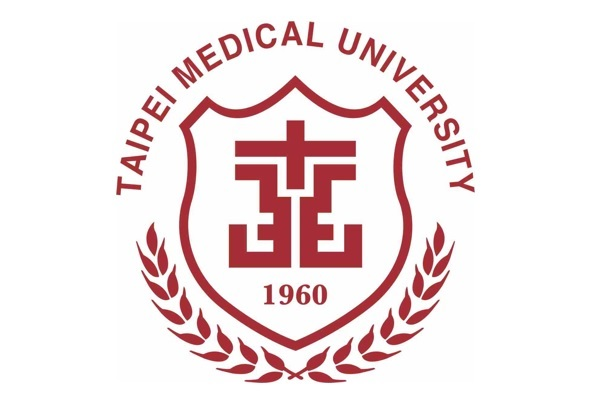Taiwan CardioPulmonary Research Group
Research Field
I graduated from Institute of Occupational Medicine and Industrial Hygiene, National Taiwan University, where I got a Doctor of Philosophy Degree in Industrial Hygiene in 2006. I have worked as an environmental health and safety consultant in Foundation of Taiwan Industry Service in Taipei, Taiwan, a research fellow in Department of Environmental Health, Harvard School of Public Health, and an assistant professor in Department of Nursing, St. Mary’s Medicine, Nursing and Management College. I am now working as a professor in Department of Public Health, School of Medicine, College of Medicine, Taipei Medical University.
Our lab focuses on intervention studies to reduce air pollution exposure and improve human health. From 2015 to 2020, our lab found that traffic-related fine particles (PM2.5) were associated with autonomic alteration. Commuting modes could modify the effects of PM2.5 on heart rate variability (HRV) indices among young, healthy subjects. The personal exposure levels to PM2.5 were the highest in the walking commuters. The effects of PM2.5 on HRV indices were the lowest in the subway commuters compared to the effects in the walking commuters. For indoor air pollution exposure and human health, our lab found that indoor air pollution exposure was associated with systemic inflammation, oxidative stress and elevated blood pressure. The long-term filtration of indoor air pollution with an air conditioner filter was associated with cardiovascular health improvement of adults. Moreover, our lab found that houseplants could reduce indoor particulate air pollution and improve respiratory health among health adults. However, the presence of houseplants was associated with indoor ozone, isoprene and peak expiratory flow rate variations in the summer. Therefore, we recommend that the indoor temperature should be maintained below 30 degrees Celsius to avoid an increase in ozone concentration. From 2019 to 2022, the coronavirus disease 2019 (COVID-19) outbreak is a public health emergency of international concern. people are racing to buy face masks, especially medical masks to protect themselves from infection. It has led to a medical mask shortage around the world and may result in shortage of medical mask for people in need. Our team investigated whether cotton mask worn by respiratory infection person could suppress respiratory droplet levels compared to medical mask. We found that cotton mask could be a potential substitute for medical mask for respiratory infection person in microenvironment with air conditioning. Healthy people may daily use cotton mask in the community since cotton mask is washable and reusable.
Air pollution, human health and intervention
Air pollution monitoring sensor, wearable device and IOT system
Occupational medicine and industrial hygiene
2006 Award for fellowship from the Ministry of Science and Technology of Taiwan
2012 Excellence in Teaching, Taipei Medical University, Taipei, Taiwan
2024 Award for fellowship from the Ministry of Science and Technology of Taiwan
College of Public Health, Kaohsiung Medical University, Taiwan. B.S.
Institute of Occupational Medicine and Industrial Hygiene, College of Public Health, National Taiwan University, Taiwan. Ph.D.
